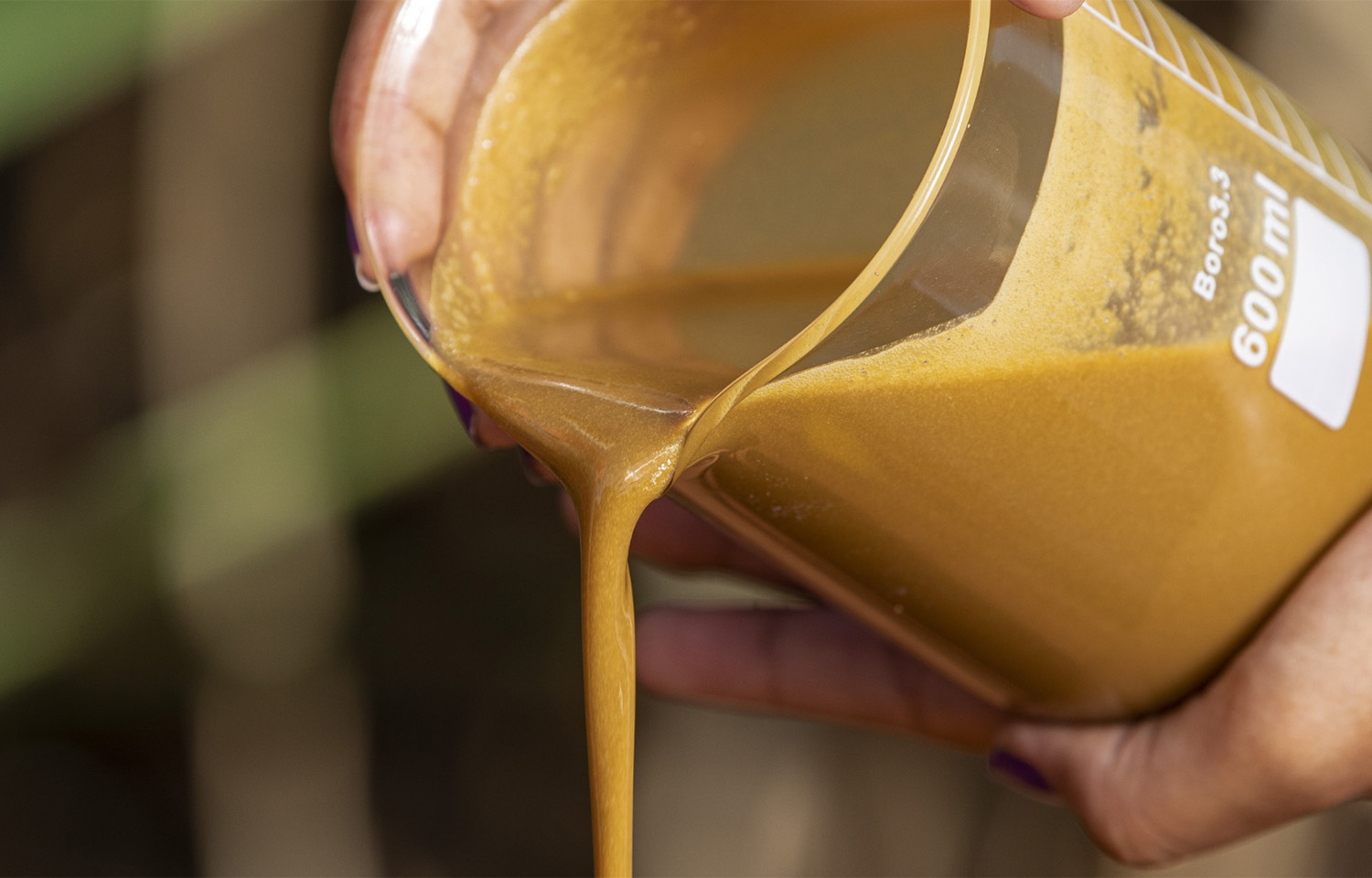Ana Morão is a corporate sustainability scientist at Corbion, the manufacturer of AlgaPrime DHA, an alternative to fish oil- and fishmeal-based feed. Morão is responding to claims made by Yield10 CEO Oliver Peoples in a December 2023 SeafoodSource interview.
With the global population on track to reach 9 billion people by 2050 – and over 3 billion people relying on seafood as a significant source of protein today – aquaculture is critical in ensuring global food security. However, in order to be effective in the long term, it must also be sustainable.
There have been many ideas and solutions over the years that aim to address the sustainability challenges the seafood industry faces. Some technologies, including fermentation technologies, address these challenges without creating new ones.
As the population grows, the demand for omega-3s also increases. The nutrient is most commonly sourced from fish oil, but oceans can no longer provide more omega-3s without suffering impacts, as nearly 90 percent of the world’s marine fish stocks are already fully exploited, overexploited, or depleted, according to the FAO.
This supply shortage has challenged stakeholders across the supply chain, as omega-3s are a critical nutrient for many farmed fish. It is clear that different innovation is required to address this gap, and there is no one-size-fits-all solution.
Corbion is a leading company that uses industrial-scale fermentation to transform sugarcane waste into algae omega-3s. AlgaPrime DHA unleashes the power of algae fermentation to provide nutritional ingredients while preserving the world's limited resources. This ingredient enables the sustainable growth of aquaculture and offers security, stability, and predictability for feed manufacturers and aquaculture producers.
With over a century of expertise, Corbion is a powerhouse in the business of fermentation. As our key production technology, we know that precision fermentation can have enormous impacts on the environment when it goes unchecked. Our production process, however, is designed for low impact on the environment.
Strategically situated among sugar cane fields in Brazil and next door to a sugar cane mill, the Corbion AlgaPrime DHA facility uses renewable energy and sustainable sugarcane – one of the world's most productive sugar sources – as feedstock to produce nutrition from algae.
Another advantage of Corbion’s process is that the algae fermentation is optimized to reach high DHA concentrations, making the overall production process resource-efficient, something we look forward to seeing in other innovations, including canola oils, on the market.
With this unique production process, AlgaPrime DHA’s direct and energy-related CO2 emissions are biogenic, meaning that the climate impact of our production process is very low. We have conducted and published an ISO-compliant and peer-reviewed life cycle assessment that confirms our algae-based ingredient has a lower carbon footprint compared to traditional sources of omega-3, such as fish oil. Our communication on environmental impacts is transparent and relies on a fact-based approach.
In 2023, Corbion received the gold sustainability rating from the EcoVadis Sustainability rating, recognized as the top 2 percent of all suppliers in the sector assessed worldwide. We have also participated in the CDP Climate Change and Supply Chain programs since 2016 to provide transparency to customers, investors, and stakeholders. Most recently in 2022, we received an A score in the Climate Change program category and a B score in the Forests and Water category.
We have proven our ability to deliver sustainable, alternative omega-3 solutions for the aquaculture industry at scale, becoming the world’s leading source of sustainable algae-based omega-3s. Today, our focus remains in our quest for continuous improvement and growth, designing and producing solutions committed to feasibility that enhance nutrition and advance sustainability.
In addition, Corbion is participating in the Millennial Salmon Project in partnership with Nofima, Innovafeed, and other leading stakeholders. Our aim is to develop the world's most sustainable farmed salmon using novel ingredients, including AlgaPrime DHA, in order to explore the sustainable growth of the salmon industry and further assess the impact of novel ingredients when used together.
Corbion advocates for the implementation of a standard, industry-wide method of measurement so that companies can understand the impact of the marine and novel ingredients they are using. We collaborate with all leading feed manufacturers to develop a common vision for the future of omega-3 sourcing.
In the meantime, we urge feed producers and formulators to incorporate proven solutions like AlgaPrime DHA into their products at the inclusion rate that works for them – whether in combination with fish oil or other alternatives – and encourage them to increase the ratio of novel ingredients as their strategy progresses.







